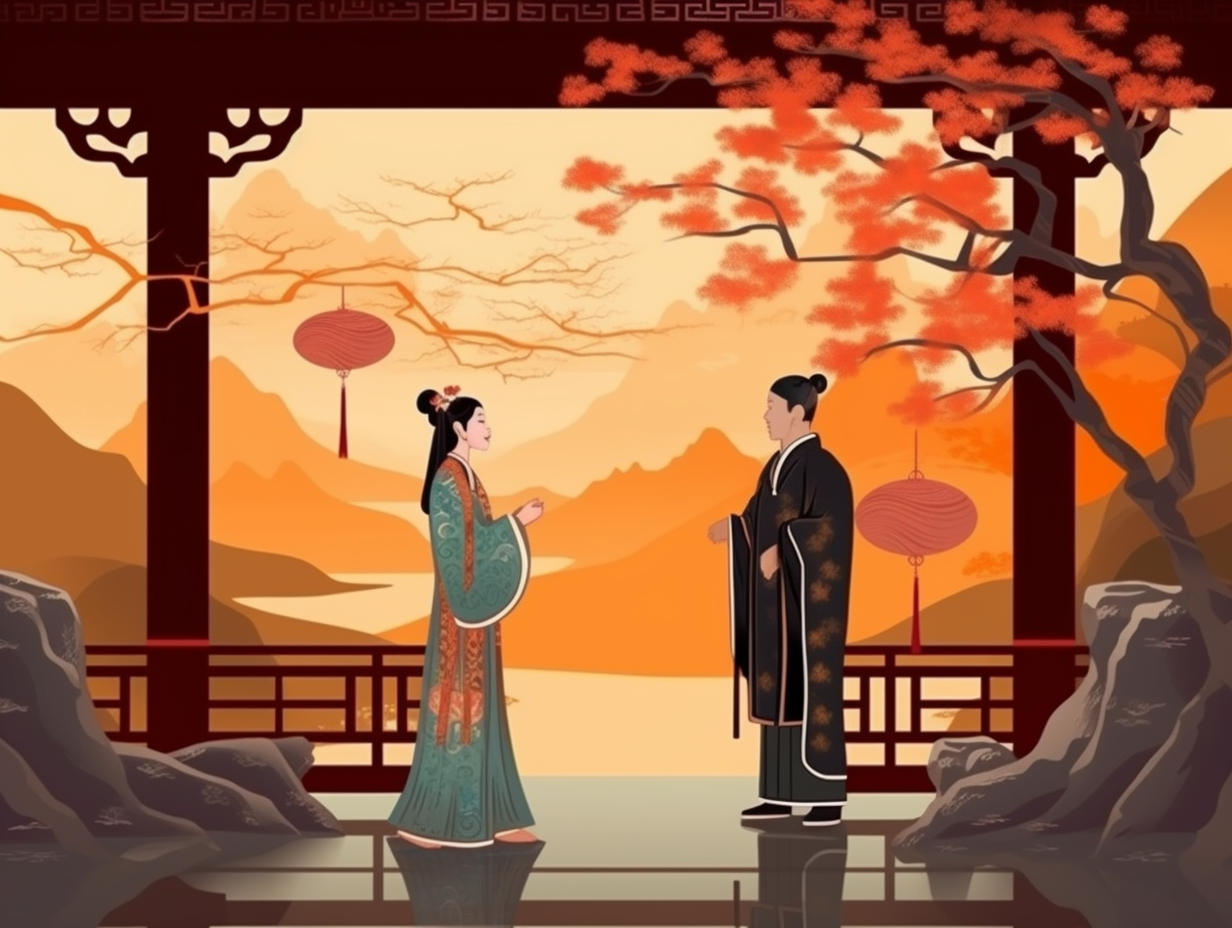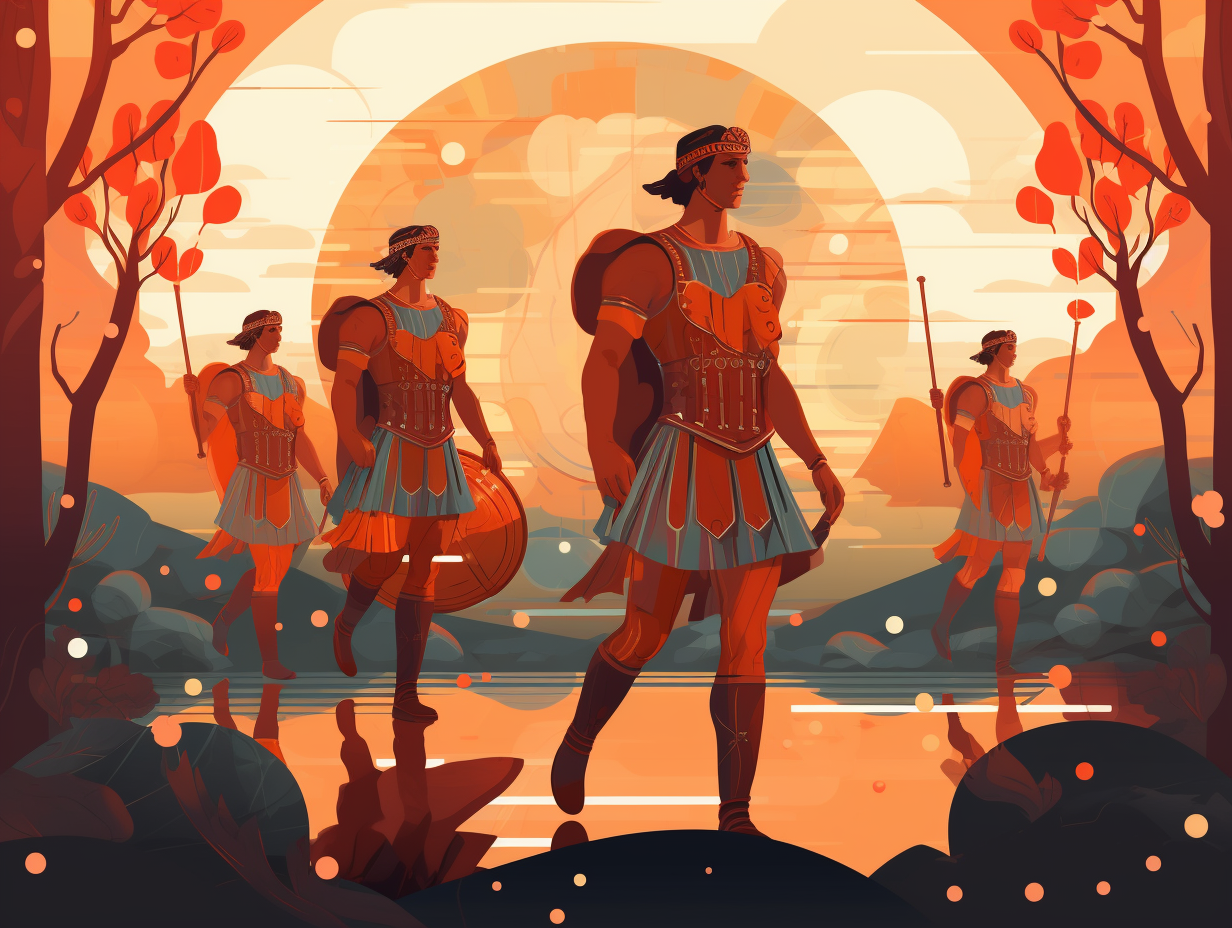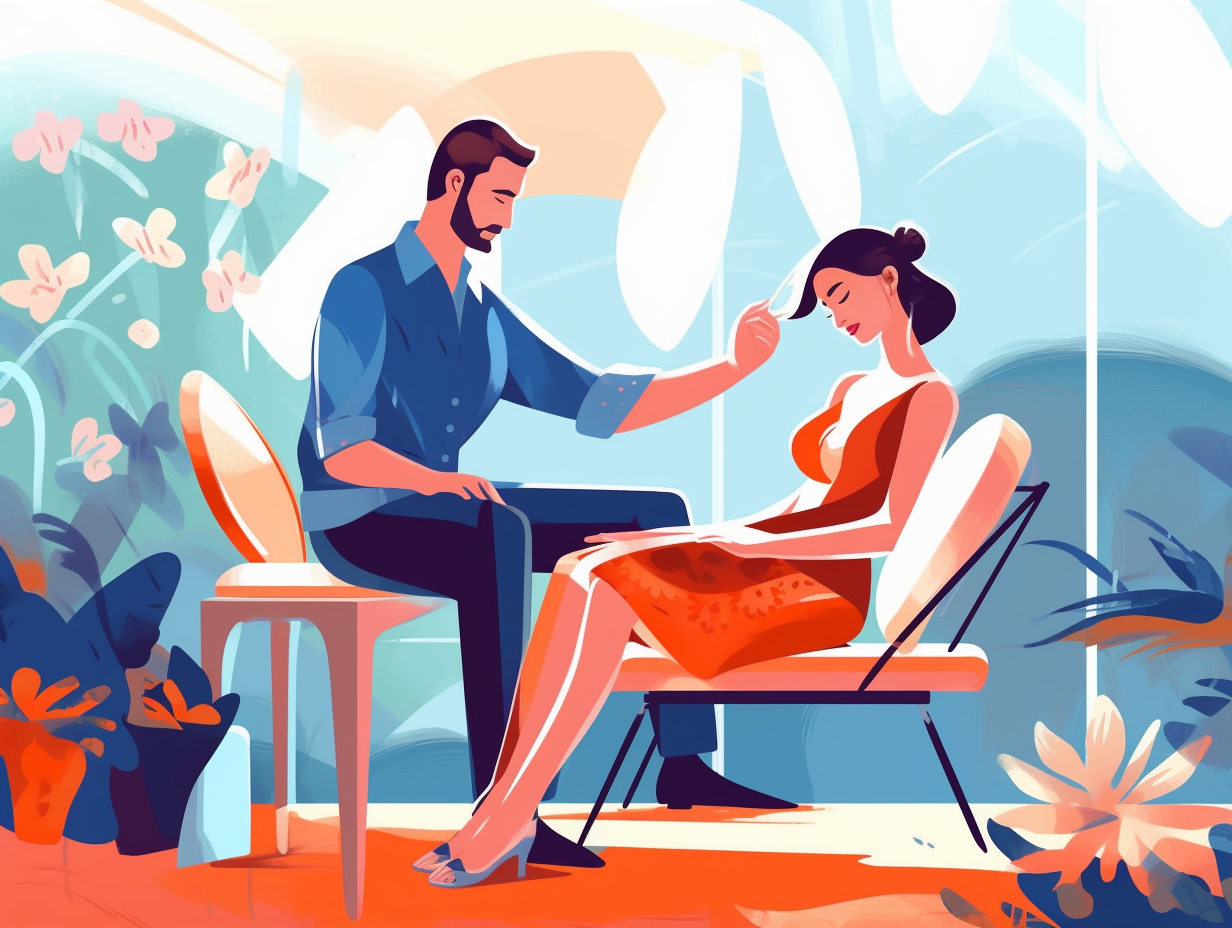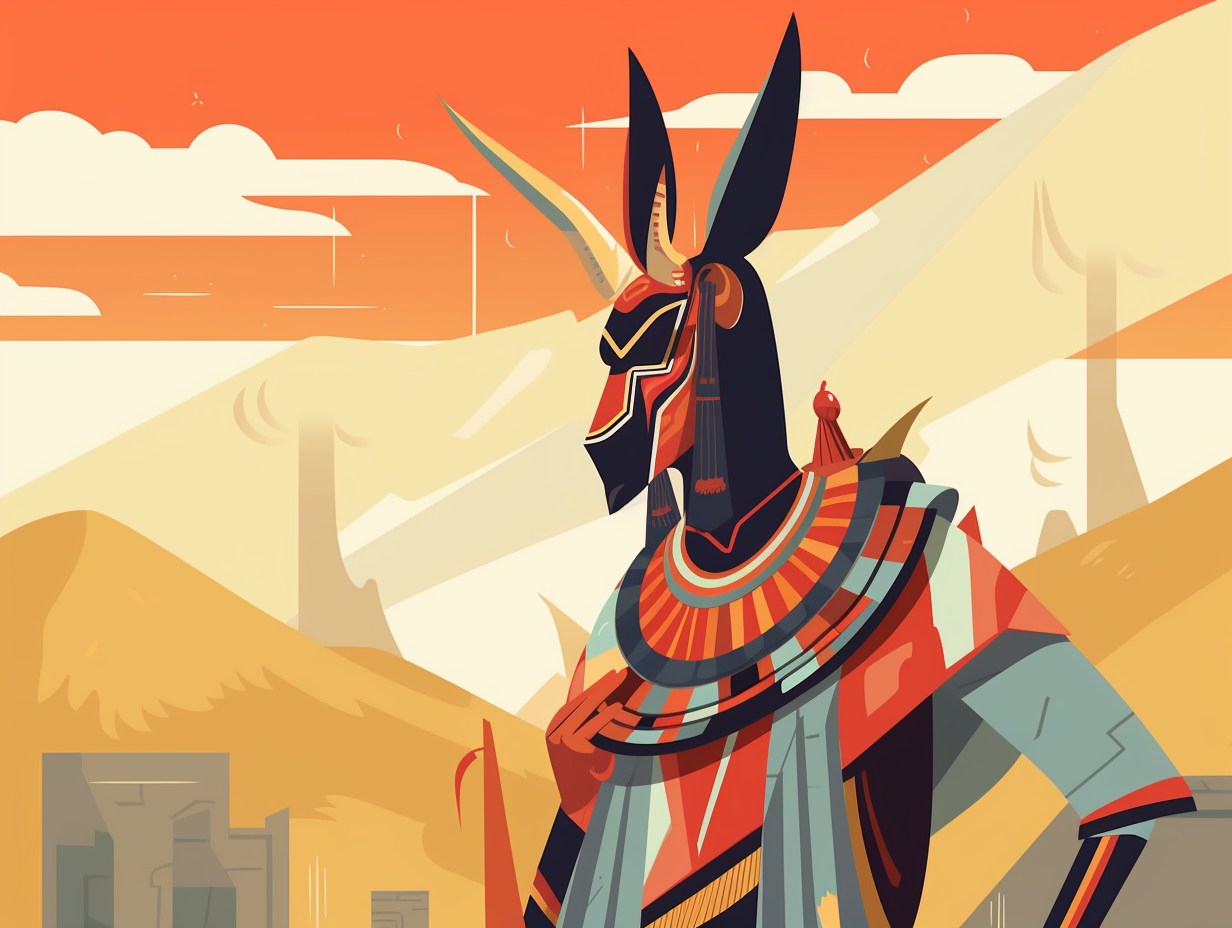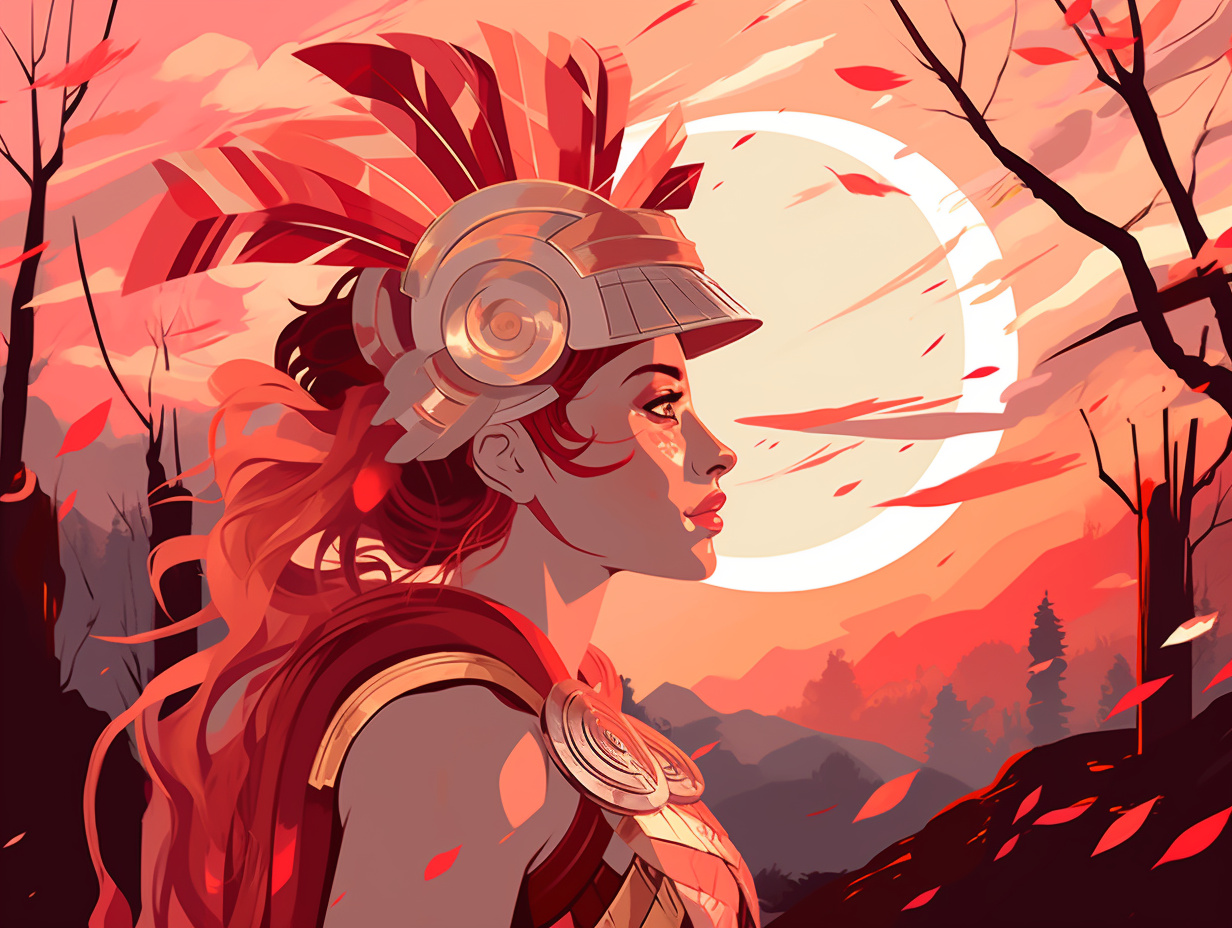Discover the World of Warriors: Top 9 Amazing Fun Facts About Samurai You Never Knew!
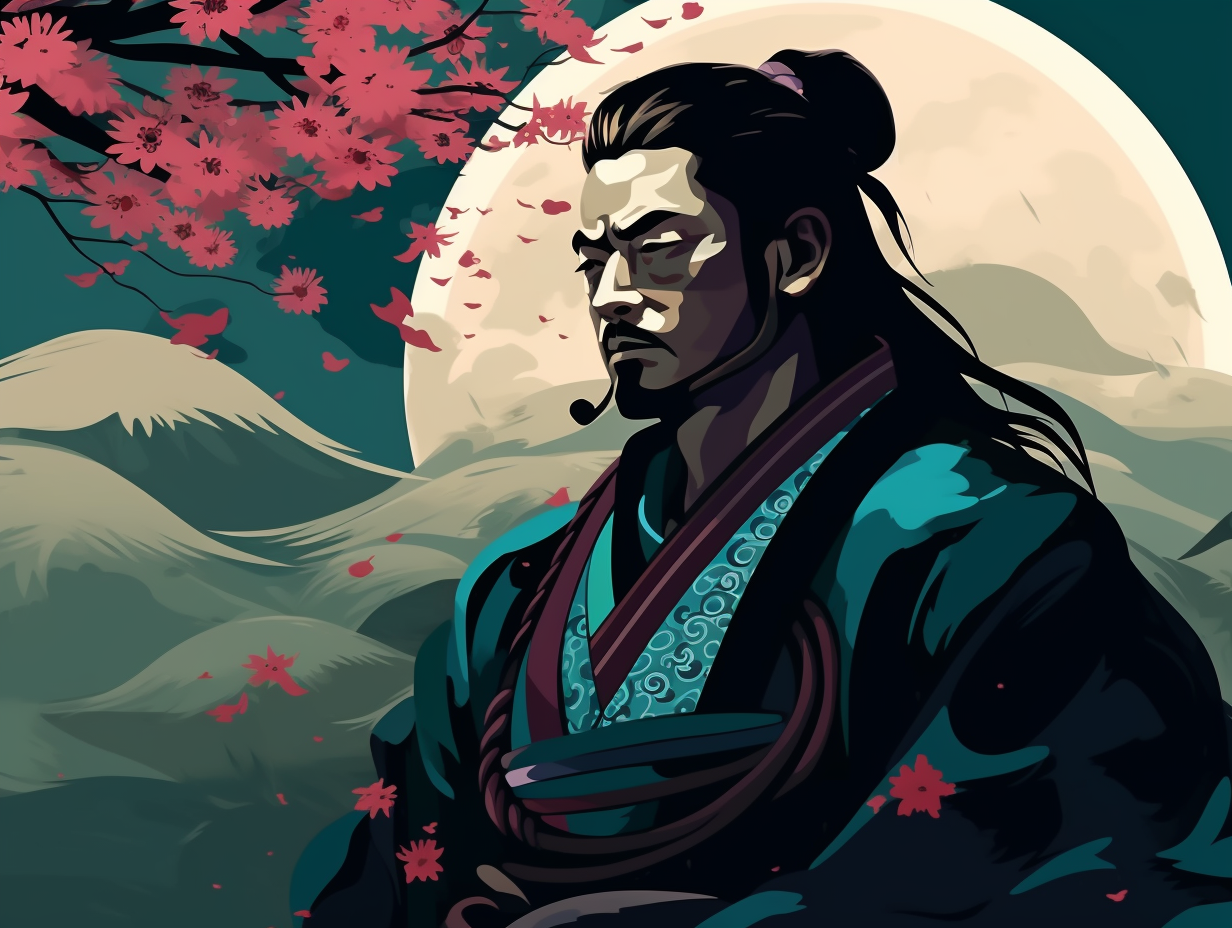
1. Topknot Titans
In a heads-up battle for stylish cranial landscaping, the samurais had everyone beat with their "warrior-topknot" game: During the Edo period (1603-1867) in Japan, samurai were required by law to shave their heads and wear a topknot called chonmage, which served a practical purpose of keeping their helmets steady in battle and symbolized their martial prowess.
Source => en.wikipedia.org
2. Genpuku Gurus
Hair today, gone tomorrow – mastering an ancient barbershop challenge was just the tip of the topknot for young samurai hopefuls: The genpuku rite of passage involved learning court ceremonies, Buddhist doctrine, ethics, and skills for court positions, as well as adopting adult clothing and responsibilities like battles and shrine ceremonies, making a samurai's coming-of-age much more complex than a simple trim and name change.
Source => en.wikipedia.org
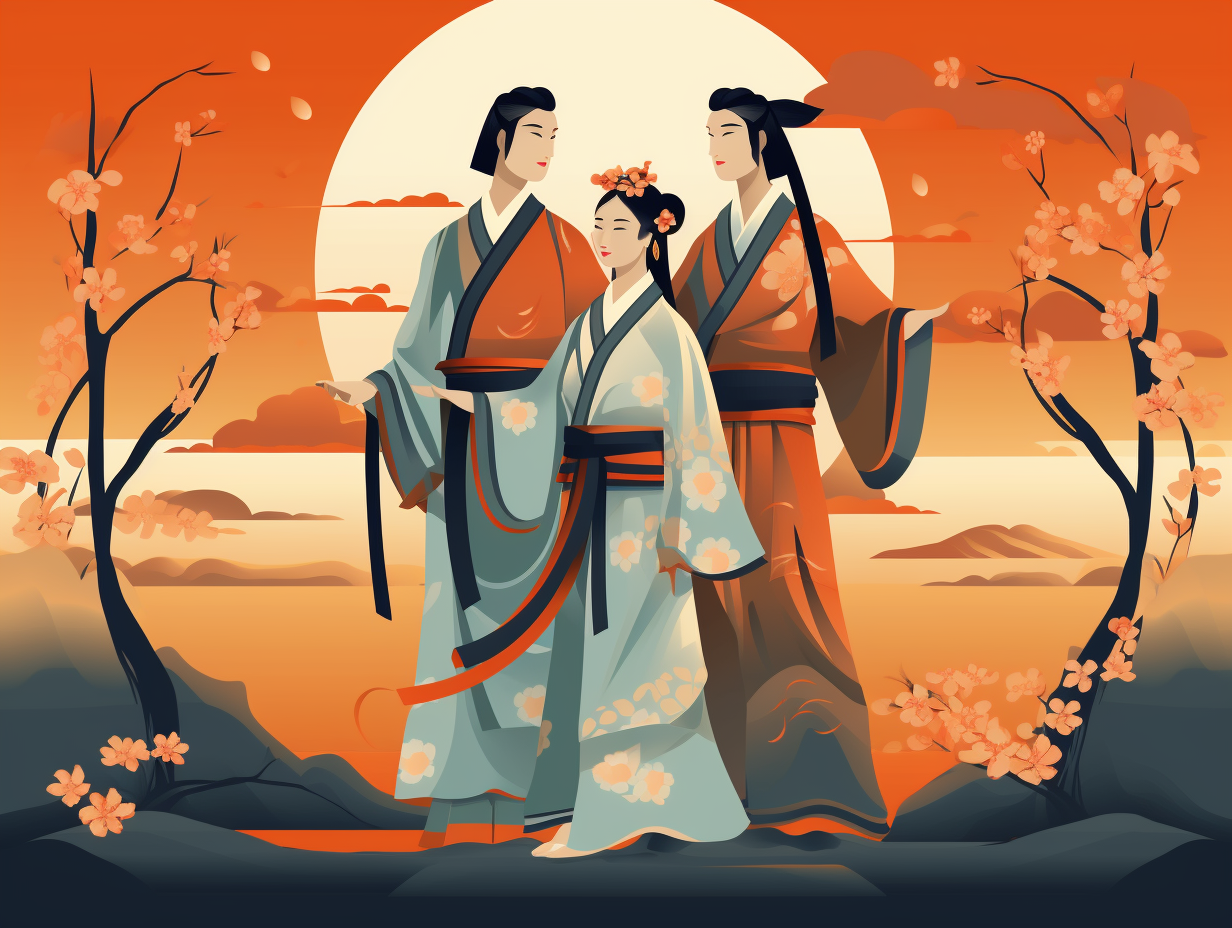
Did you know the Shang Dynasty aristocrats enjoyed a wide variety of meats, including horse, cow, chicken, sheep, deer, and fish? However, one popular animal never made it to their dinner tables – find out which one on our fun facts page! 🍖 🐟 🐘
=> Fun Facts about The-Shang-Dynasty
3. Haiku Heroes
Not every samurai was a pen-wielding poet, but they had some killer haikus up their sleeves: many samurai composed death poems before passing away, reflecting on their lives and emotions, serving as a testament to their artistic sensitivity alongside their martial prowess.
Source => katanasforsale.com
4. Sword-Slicing Supremacy
You know how samurai swords supposedly slice through silk like a hot knife through butter? Turns out, they've got the chops to shred more than just scarves: Contrary to popular belief, a high-quality samurai sword boasts an incredible sharpness and cutting ability that can even slice through metal and firearms. Keep in mind, though, that the effectiveness of such a weapon largely depends on the quality of the steel and the expertise of the swordsmith.
Source => bladeforums.com
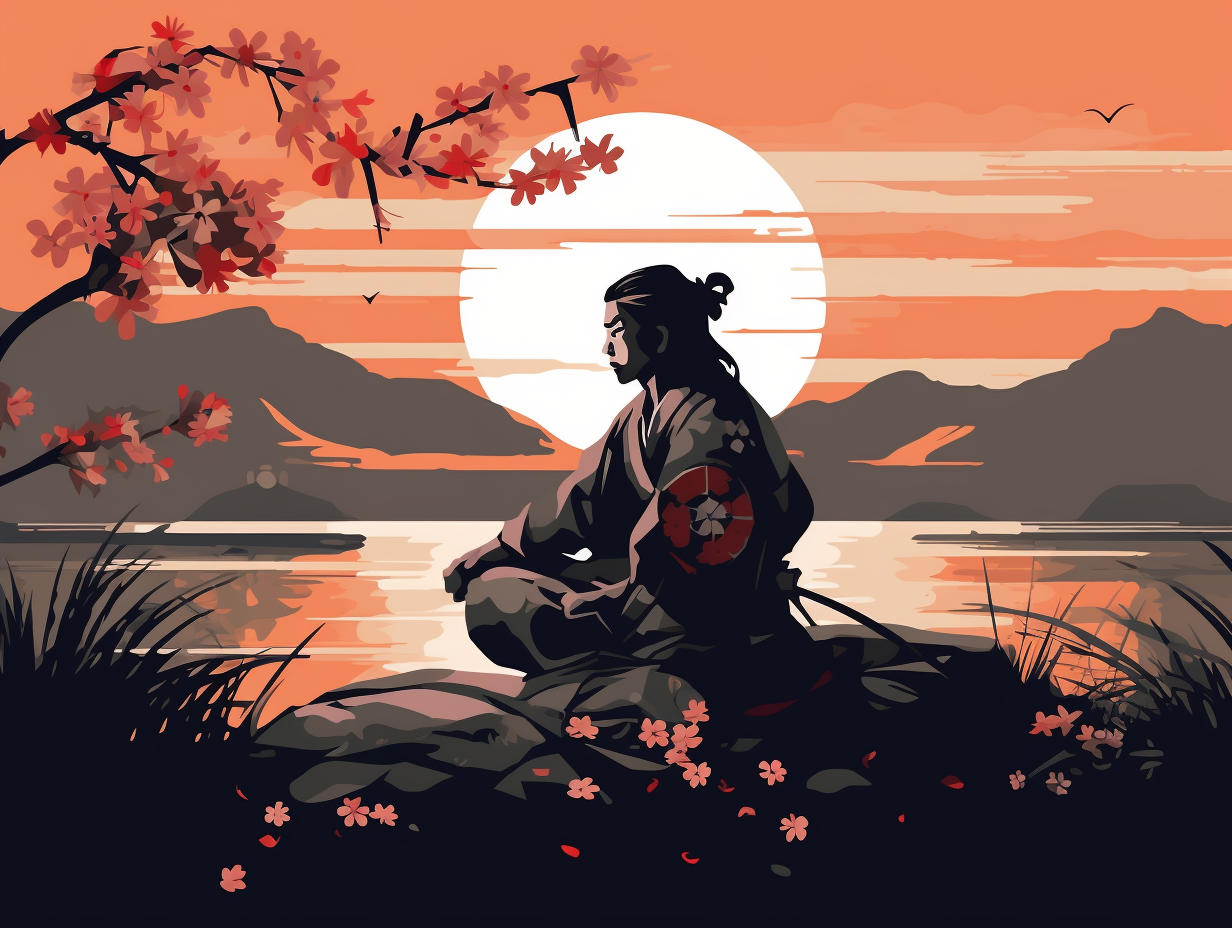
5. Lady Samurai Legends
Who said wielding a katana was a boys' club? Meet the badass lady samurais who chopped stereotypes along with their enemies: Female samurai, known as Onna-bugeisha, were skilled in self-defense and offensive tactics, proficiently using weapons like the katana and Naginata, and even leading battles alongside their male counterparts.
Source => oishya.com
6. Europe Enigma
Did the samurai sword-wielding Sushi makers take a detour through Europe looking for some fresh blue cheese? Well, no: Contrary to popular belief, there's no substantial evidence that samurai ever influenced European culture or traveled there as diplomats, as exemplified by Hasekura Tsunenaga's journey to Spain and the Vatican, which, while groundbreaking, left no record of a lasting cultural impact.
Source => pbs.org
7. One-Strike Club
Did you know that in ancient Japan, samurais had free membership to a one-strike-per-customer club—giving "honor killing" a whole new meaning? No second chances there: These sword-wielding warriors had the right to strike down anyone of a lower class who dishonored them, but only if they delivered the blow immediately after the offense, didn't try again if they missed, and could prove their actions were justified. Step out of line, and they could wind up jobless, dead, or performing their own "DIY disembowelment" – ouch!
Source => en.wikipedia.org
8. Armor Flexing Fashion
When the Samurai decided to ditch the bulky outfits for slimming scale armor, they truly embraced the concept of "flexing" on their enemies: This led to the creation of "Iyozane" or "Kozane" during the Muromachi period, a costly and time-consuming armor that prioritized movement, flexibility, and colorful representations of their family symbols.
Source => shop.samurai-armor.com
9. Kabuki Girl Power Origins
Move over Spice Girls, samurai didn't invent girl power in the Kabuki theater: It was actually initiated by a female dance troupe led by Izumo no Okuni, only to be taken over by males when women were banned from performing due to risqué themes.
Source => en.wikipedia.org
Related Fun Facts

